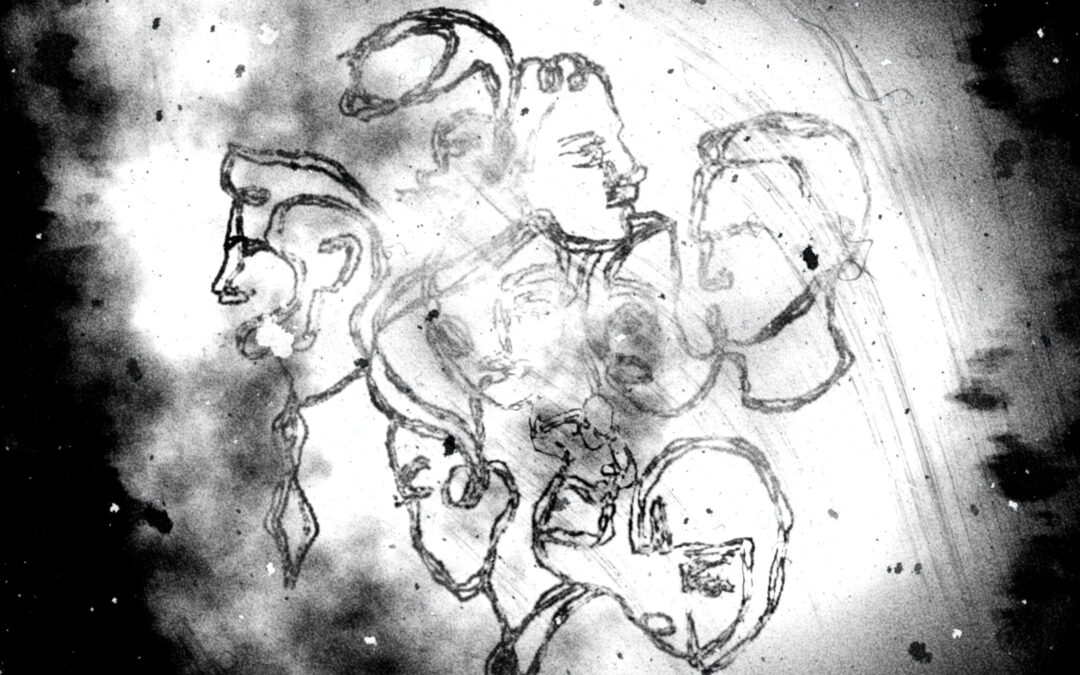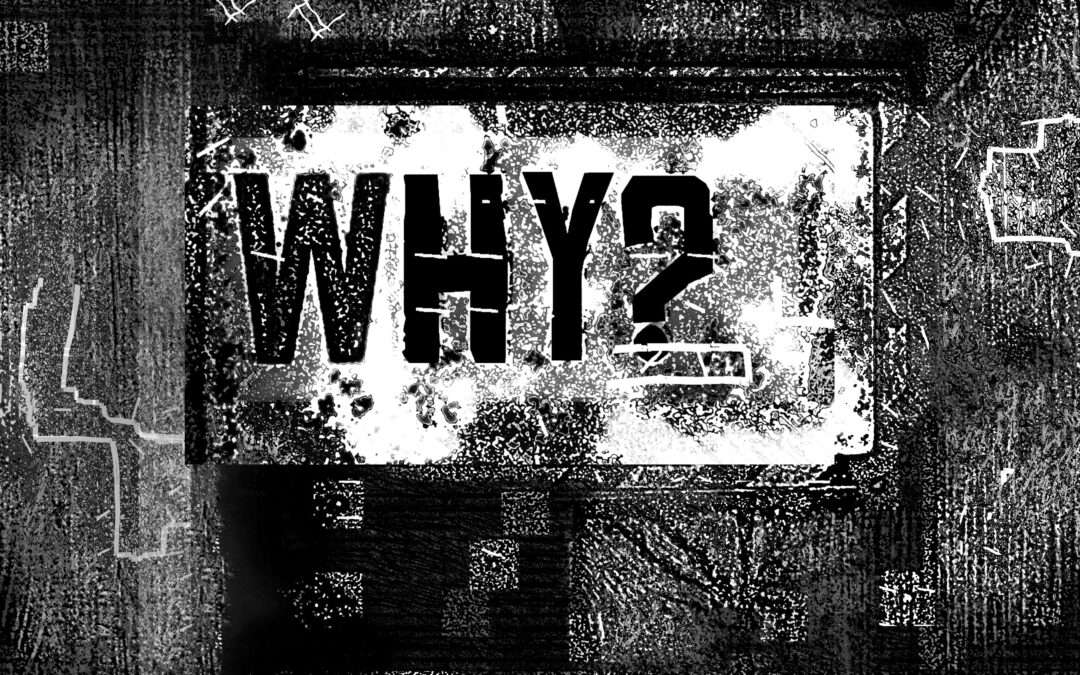Section 17: Valuable safety net, but no justification for NRPF
People suffer hugely because they have no recourse to public funds (NRPF), and supporting families to access accommodation and money is a practical way of alleviating some of that suffering. However, in quieter moments I worry about the extent to which our work reinforces and justifies NRPF, and whether we are complicit in propping up racist and violent state structures.
I am the director of a charity working to reduce homelessness and severe poverty among families with no recourse to public funds. We specialise in supporting people to access accommodation and money under section 17 of the Children Act 1989, which gives councils powers to provide support to families with children in need, even if the parents have no recourse to public funds, no right to work, or no leave to remain. We exist because support under section 17 is very difficult to access, and many families continue to face homelessness and destitution, despite being entitled to help.
Because of the NRPF policy and other hostile environment measures, section 17 of the Children Act has evolved into almost a parallel – although much worse – welfare system. Councils provide tiny subsistence payments; often around £40 per person, per week, despite case law confirming that anything below £49 is likely to be unlawful. Accommodation is often inadequate, with families living for months or years in hotels or overcrowded rooms in shared houses, often in states of disrepair with damp and infestations. Councils are forced to fund this support out of their social care budgets and are unable to recoup the money from central government. As growing numbers of people are excluded from mainstream support by a government committed to dangerous and dehumanising policy, councils are being asked to provide more and more support under section17.
Children’s social care has become a site of conflict for competing priorities, where hostile environment measures are pitted against a commitment to child welfare. Local authorities are tasked with picking through people’s lives to determine who is worthy of support. Against a backdrop of austerity and crumbling services, most councils respond by raising the threshold for accessing section 17: turning as many people away as possible and using spurious and often unlawful reasons to refuse support. The news that almost 20% of councils may go bankrupt in the next year suggests gatekeeping will intensify as councils try to cut spending.
Families are forced to justify their destitution. The focus is on the individual’s circumstances, their immigration history, finances and housing. Each family needs to prove themselves to access section 17 support, and the process is often humiliating. There is no general acceptance that NRPF in itself causes poverty and homelessness, and that all people need access to a safety net in order to thrive. Instead, the system sets parents up to feel they have ‘failed’ and should have done better. The process is degrading, and people often feel guilt and shame, making it harder to build solidarity and speak out.
Much of our work is about breaking through the barriers erected by social services. On a case-by-case basis we’re trying to make sure people have some money and somewhere to live, but we know we’re a drop in the ocean. And our standards are low: we’re rarely able to help people access decent accommodation or argue for more than very basic subsistence support. As soon as a family is receiving the bare minimum, we find ourselves moving on to the next case. And when we do try to argue for better conditions, we rarely succeed. Most of the time, our casework is working within the system rather than challenging it.
Although we call for more radical change, the ‘progress’ we see is piecemeal and feels insignificant against the growing tide of anti-migrant rhetoric and legislation. Ultimately NRPF needs to be scrapped in its entirety, for everybody. Section 17 is a valuable safety net, but it should not be used to justify the policy landscape and make NRPF more palatable.






